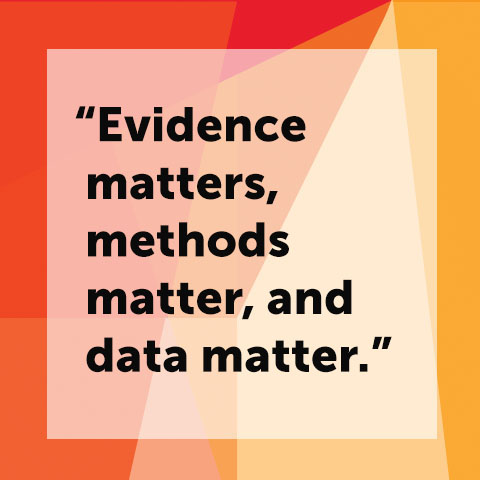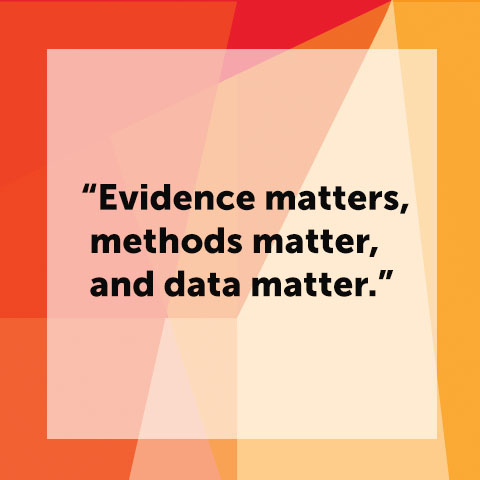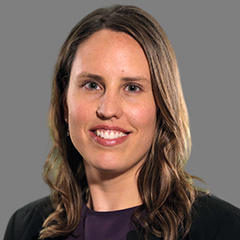I just returned from attending my eighth, and arguably most exciting, AcademyHealth annual research meeting. What made it so great? The groundswell of enthusiasm about the innovation happening on the ground in the health care field and through policy reforms.
This year’s conference kicked off with a first-ever plenary session featuring AcademyHealth President and Chief Executive Office Lisa Simpson, whose remarks resonated with me throughout the many sessions I attended: “Evidence matters, methods matter, and data matter.”
With the surge in new delivery and payment models, the health care community is focused more than ever on understanding how to better link quality and outcomes with payment, and pushing to translate and use evidence to further inform policy and delivery. For example, one session highlighted findings related to hospital readmissions, an area of increasing study. Researchers are gaining more insights into issues such as where hospital patients are discharged and the role of post-acute providers and skilled nursing facilities in caring for these patients. This evidence is helping to inform future policy directions under the federal readmission reduction and reporting programs.
 Several sessions addressed methods to push the field forward, including the use of advanced methods such as Bayesian analysis, so we can draw robust conclusions in an environment where we rely on mostly observational studies.
Several sessions addressed methods to push the field forward, including the use of advanced methods such as Bayesian analysis, so we can draw robust conclusions in an environment where we rely on mostly observational studies.
For instance, one session focused on matching and weighting methods for treatments with multiple levels or doses, rather than binary groups of treatment versus no treatment. This is a situation that we often face in our work dealing with complex interventions. Classifying treatments based on binary groups, when in fact there are differential doses of treatment in many interventions, can obscure important differences between groups.
In addition, a few sessions focused on data linking across health and other fields, with a strong recognition of the important relationship between complex social factors, such as housing and transportation, and health care use and outcomes.
After the conference ended I was gratified to make it back to Chicago from Boston with no delays (a genuine accomplishment!)—and even more so to have spent three valuable days learning from researchers, practitioners, and decision makers who together are working to tackle difficult, critical issues to deliver better health care to Americans.
Read more about the conference on the AcademyHealth blog. Learn more about Mathematica’s health research work.



